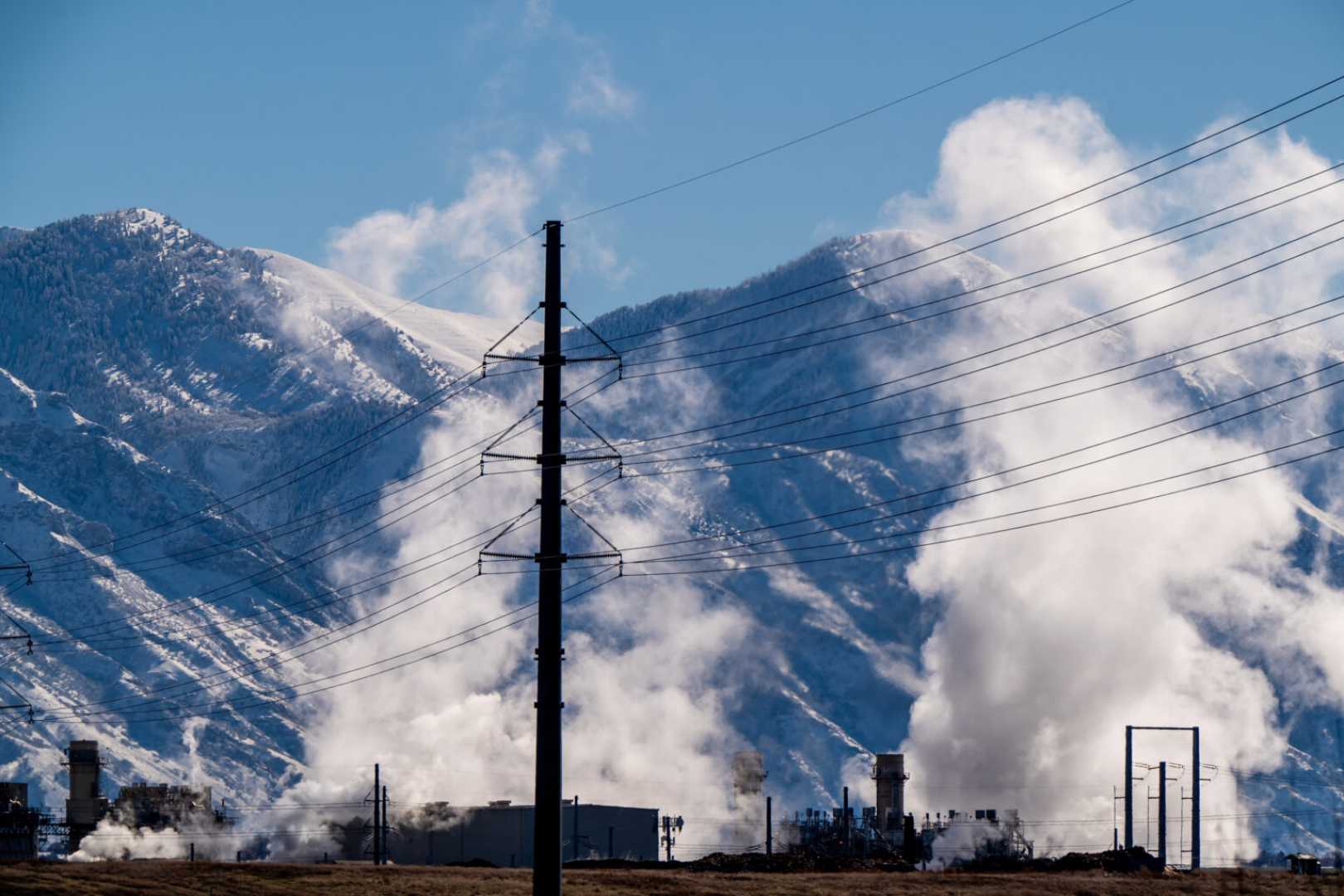Business
Utah Supreme Court asked to settle Rocky Mountain Power rate hike dispute

SALT LAKE CITY — A conflict is brewing between Rocky Mountain Power and the Public Service Commission (PSC) over a proposed rate hike. The Utah Supreme Court is now being asked to intervene.
Last week, the PSC rejected a request from Rocky Mountain Power for a significant rate increase. The utility originally sought a 30% hike last year, later reducing it to 18%. Ultimately, the commission only approved an increase of 4.7%.
Rocky Mountain Power believes the PSC’s decision neglects a substantial part of the costs it needs to recover for services and initiatives mandated by the Utah legislature. In its filing, the utility stated, “It also appears outcome-driven and frequently reaches conclusions that depart from statute and Commission precedent or that are unsupported or even contradicted by the evidence.”
In response, the PSC criticized Rocky Mountain Power’s tone, describing it as “hyperbolic and disrespectful” while accusing the utility of making baseless accusations.
The utility has now taken its appeal to the Utah Supreme Court, arguing that its request for cost recovery is both prudent and reasonable, aligning with past commission decisions. “We work diligently to manage costs, but we cannot always absorb rising costs without seeking a rate increase,” the utility said in a statement to FOX 13 News.
Michele Beck, director of the Utah Office of Consumer Services, remarked on the unusual tone of Rocky Mountain Power’s appeal. She has sided with the PSC, advocating for consumers and highlighting the importance of a regulated utility service.
“We’re talking about a regulated monopoly utility provider who provides an essential service,” she said, emphasizing the importance of maintaining a constructive dialogue.
Rocky Mountain Power asserts its appeal aims to protect customers. “Credit rating downgrades increase costs for customers and hinder the company’s ability to make necessary energy investments,” it stated.
The rate hike issue has drawn political attention, with lawmakers expressing concern over the potential burden on Utah ratepayers. Senate President J. Stuart Adams stated that all Utah residents could be affected by this significant issue.
Governor Spencer Cox also commented, emphasizing the need to safeguard ratepayers while balancing energy investment and costs.












